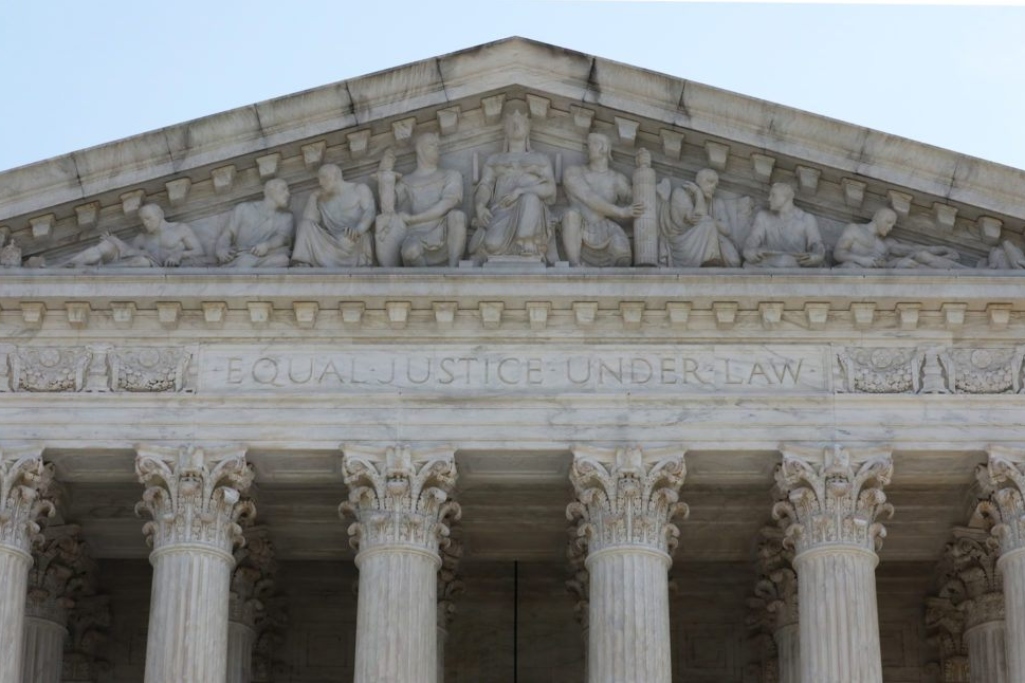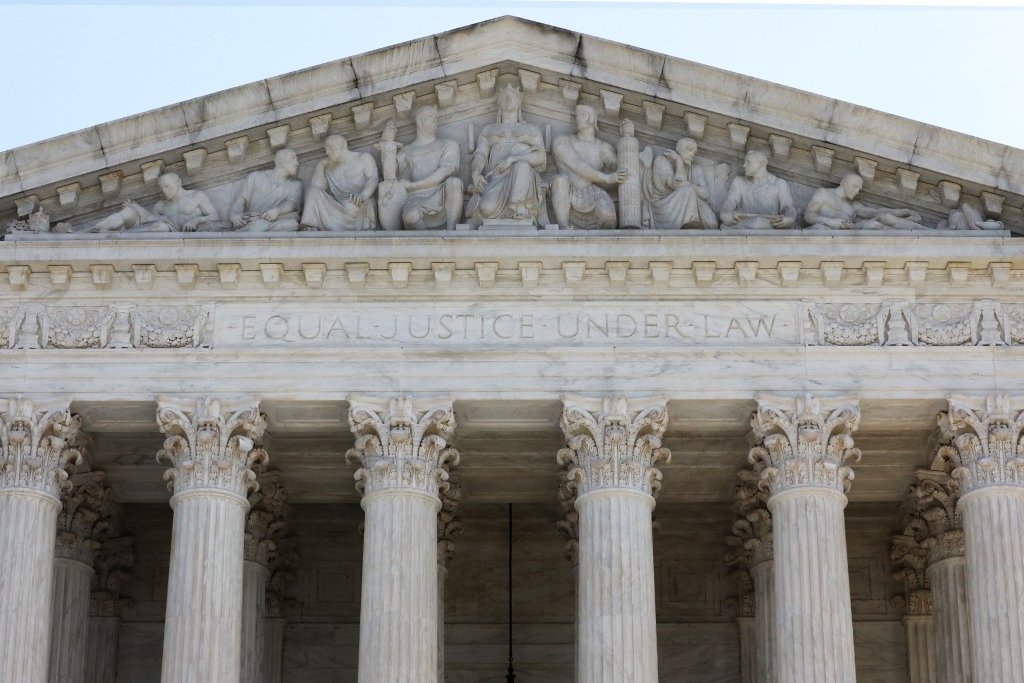TRENTON, N.J. (BP) – New Jersey has dropped its requirement that political candidates swear an oath recognizing and honoring God when seeking ballot placement, evading a lawsuit filed by a self-proclaimed nontheist.
New Jersey’s change, implemented October 24 in a memo to county clerks statewide, followed a lawsuit filed Oct. 3 by James Tosone challenging the oath required of him as recently as Nov. 12, 2021.
Despite the U.S. Supreme Court’s 1961 ruling in Torcaso v. Watkins striking down such oaths or religious tests as a requirement for public office, New Jersey continued the practice through a state law. Such oaths or a belief in God or a supreme being are retained in at least six state constitutions accessible online, although it’s unclear whether they are upheld.
“The words ‘so help me God’ are indicated in the statute and are to be used,” Tosone was told, according to a New Jersey Division of Elections email included in his lawsuit. “If you want to reach out to your legislatures (sic) to see if they would be willing to introduce a bill that would change this otherwise, we must follow what the statute governs,” the office emailed him, referencing New Jersey Statute Annotated 41:1:1-6.
New Jersey also required candidates seeking ballot placement to acknowledge they were in “the presence of Almighty God, the witness of the truth of what I say.”
After Tosone’s lawsuit nearly two years later, as he desired again to seek office, New Jersey quietly added an optional oath that omits any reference to God.
Now, New Jersey candidates may sign an optional oath omitting the “in the presence of Almighty God” and “so help me God.”
“Such an affirmation or declaration has the same force and effect as an oath taken consistent with N.J.S.A. 41:1-1, N.J.S.A. 41:1-6,” Lauren Zyrick, acting director of the New Jersey Division of Elections wrote in the memo.
Tosone, represented by the Freedom From Religion Foundation, withdrew the lawsuit in November. He had cited in his lawsuit Article VI of the U.S. Constitution and the First Amendment’s Free Speech Clause, Establishment Clause and Free Exercise Clause.
In Torcaso v. Watkins in 1961, the U.S. Supreme Court struck down requirements that officeholders profess “belief in the existence of God,” citing the First and 14th Amendments to the U.S. Constitution.
Specifically, then Associate Justice Hugo Black wrote, “Neither a state nor the Federal Government … can pass laws which aid one religion, aid all religions, or prefer one religion over another. Neither can force nor influence a person … to profess a belief or disbelief in any religion.
“No person can be punished for entertaining or professing religious beliefs or disbeliefs. … In the words of Jefferson, the clause against establishment of religion by law was intended to erect ‘a wall of separation between church and State.’” The Court therefore held that the “Maryland religious test for public office unconstitutionally invades [Torcaso’s] freedom of belief and religion, and therefore cannot be enforced against him.”
State constitutions retaining religious tests for candidacy and elected office, despite the legal precedent, are Arkansas, in article 19, section 1; Maryland, in article 37; Mississippi, in sections 265 and 268 of article 14; North Carolina, in article 6, section 8; South Carolina, in article 17, section 4; Tennessee, article 9, section 2; and Texas, article 1, section 4.
(EDITOR’S NOTE – Diana Chandler is Baptist Press’ senior writer.)


